Totally unbiased PBS News White House correspondent Yamiche Alcindor seemed to take it personally Thursday when President Trump took a shot a the New York Times’ 1619 Project, of which historians have asked for “prominent corrections” — even the folks at The Bulwark admitted it rests on bad history. Schools are integrating it into their history curriculums anyway, and that seems to be just fine with liberal journalists.
Replying to Alcindor’s tweet, Washington Post media critic Eric Wemple asked President Trump which essay in the 1619 Project he found the least compelling.
Question for Trump: Which essay in the 1619 Project did you find the least compelling? https://t.co/4NVpyaNvOJ
— ErikWemple (@ErikWemple) September 17, 2020
Why would you expect anyone to read something thoroughly debunked by historians from the left and the right? https://t.co/1xkraOg6TM
— Joe Cunningham (@JoePCunningham) September 18, 2020
Hi Erik, I think a lot of people who dug into those essays found them to be untenable as a coherent project, but A+ on your part for asking this question, because it's a productive topic for public deliberation. Which essay in the 1619 Project did you find the most compelling? https://t.co/DSUIMLjbIR
— Omri Ceren (@omriceren) September 18, 2020
Maybe the one that linked double-entry bookkeeping, which has existed since the 16th century, to slavery in America?
— Timothy Watson (@timothy_watson) September 18, 2020
Recommended
Question for journalists: Is the 1619 Project historically accurate or not? https://t.co/ZlDAVIOCN7
— Stephen L. Miller (@redsteeze) September 18, 2020
This really gives the game away.
When they're confident in something they just point to the experts and say you can't argue with experts.
But they're not confident in this at all. So they put the onus on the ones siding with the experts. https://t.co/IOOXUd2jEi
— Heimish Conservative (@HeimishCon) September 18, 2020
Is compelling the new standard for truth? I watched a compelling movie recently. It was totally in someone’s imagination. pic.twitter.com/HTcm9cVNyG
— Deepereyes (@deepereyes) September 18, 2020
Fiction is often compelling
— C’mon on Man, That’s Malarkey! (@mikediller) September 18, 2020
Which part of the fairy tale did you not believe the most?
— WmCJohn (@WmCJohn) September 18, 2020
— epcpotown (@epcpotown) September 17, 2020
Hi Erik,
Which of the central claims of the essay by NHJ or Desmond did you find to be defensible?
Would you like to debate the merits of the central narratives in those essays?
— (((AG))) (@AGHamilton29) September 18, 2020
He’s the expert, apparently. Even the lead on the 1619 Project said it’s about the narrative, not history, so we guess the essays could be “compelling.” They compelled a lot of historians to ask for those prominent corrections.
Related:
In 1995 letter, New York Times’ 1619 Project founder says she doesn’t hate whites even though they’re ‘barbaric devils’ https://t.co/FGFQIQuPza
— Twitchy Team (@TwitchyTeam) June 25, 2020
















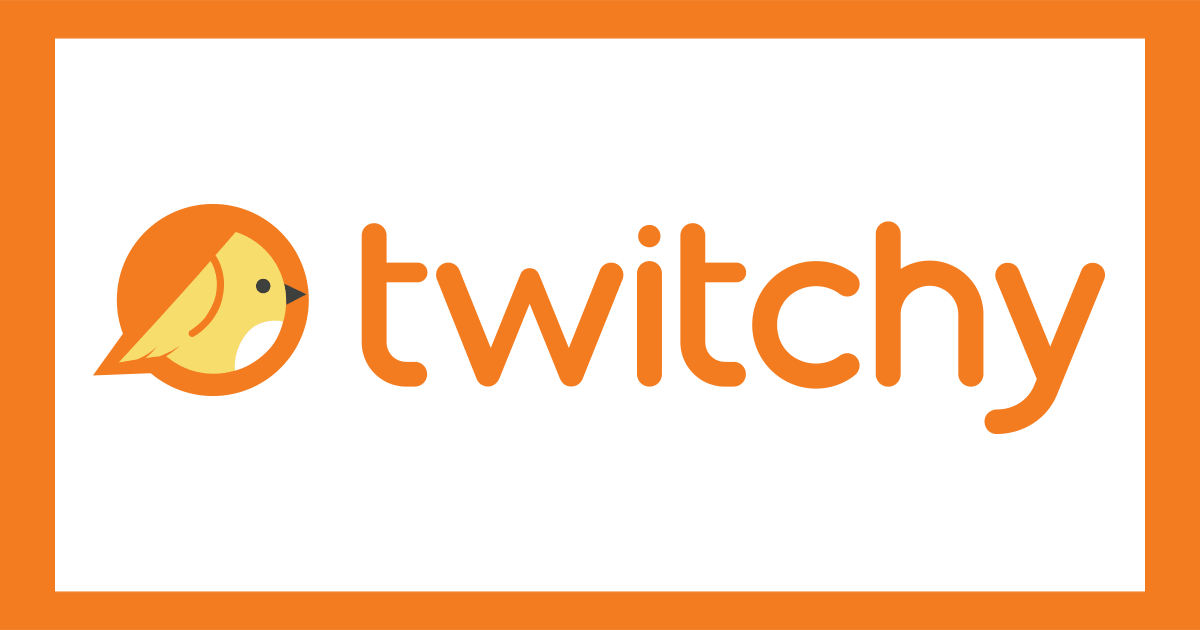
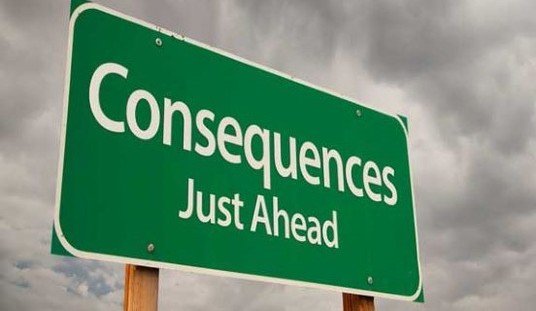
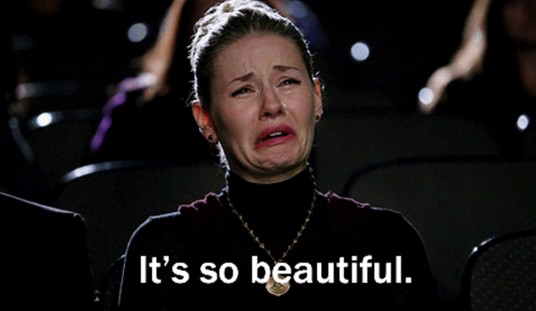

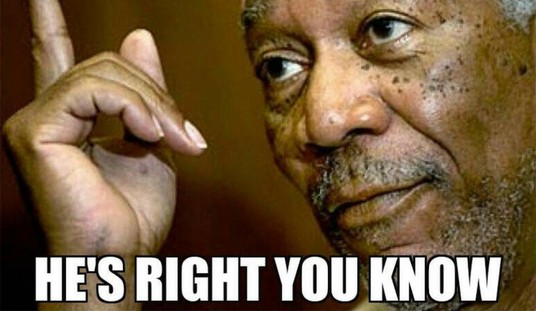
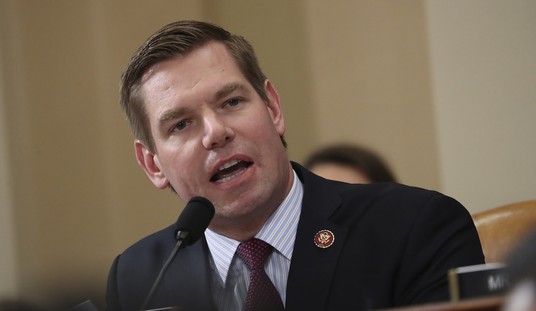
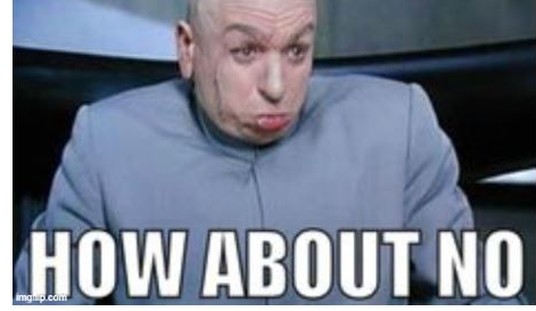
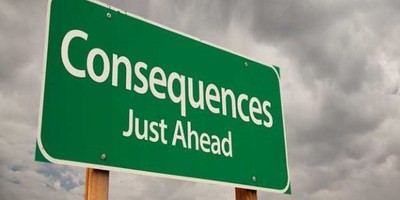
Join the conversation as a VIP Member